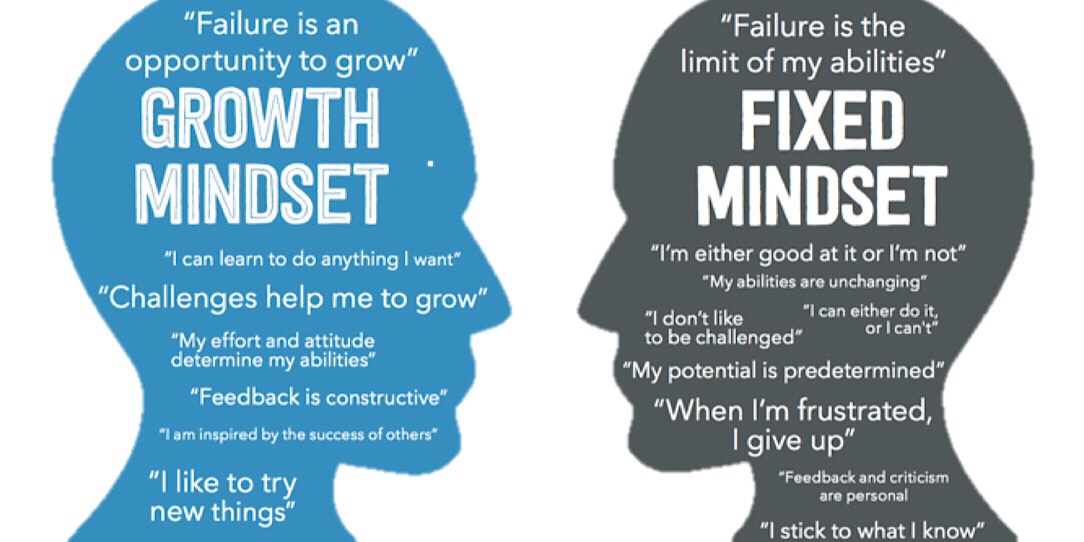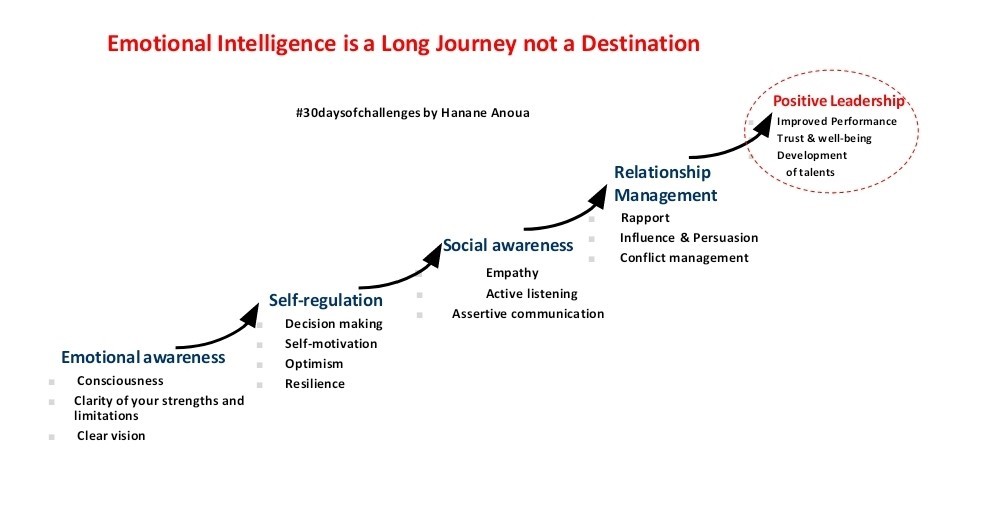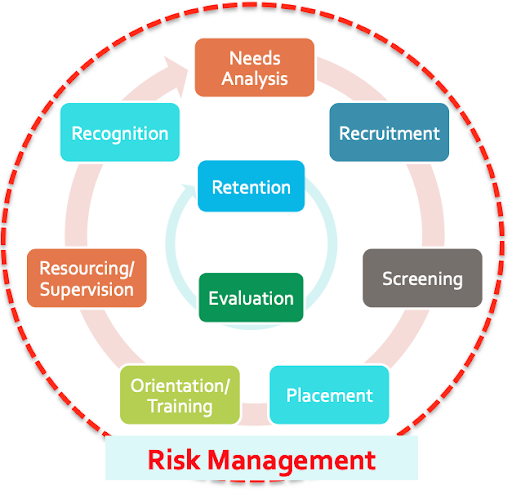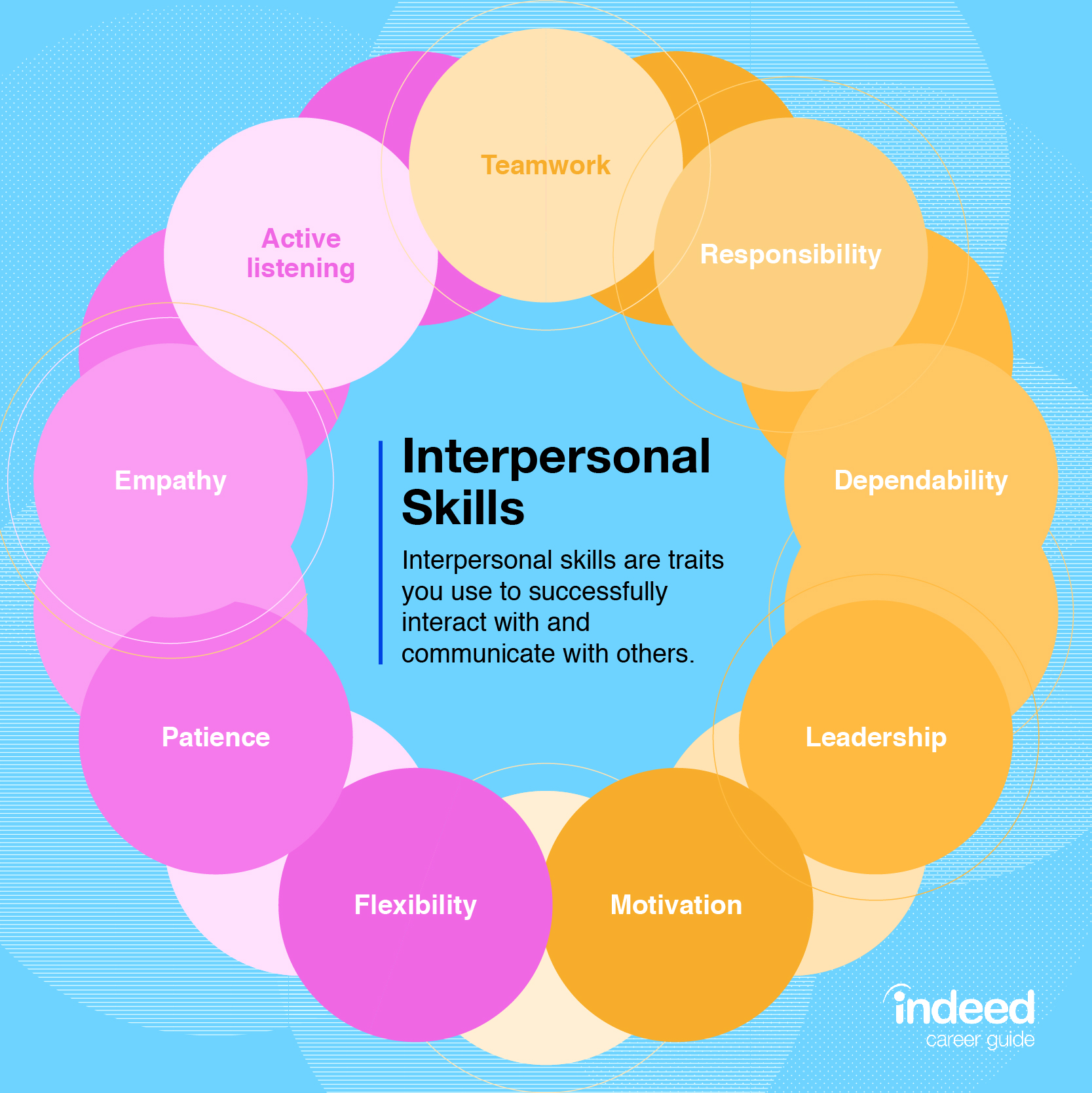Title: Developing a Moral Mindset – The Philosophy of Self-Improvement
Meta Description: Discover the power of developing a moral mindset and how it can transform your life. Explore the philosophy of self-improvement and learn practical tips to nurture your moral growth. Read more for valuable insights and actionable steps.
Introduction:
In our pursuit of personal growth, it is essential to recognize the importance of developing a moral mindset. By aligning our actions and beliefs with a strong moral compass, we can pave the way for a fulfilling and purpose-driven life. This philosophy of self-improvement revolves around cultivating virtues, making ethical choices, and striving for moral excellence. In this blog post, we will delve into the significance of a moral mindset and provide actionable tips to help you enhance your moral growth.
1. Understanding Moral Mindset:
A moral mindset is rooted in ethical principles, empathy, and compassion. It allows us to make decisions based on what is right and just, rather than mere self-interest. Developing a moral mindset involves cultivating virtues such as integrity, honesty, humility, and empathy, which are fundamental to personal and societal well-being.
2. Benefits of a Moral Mindset:
Embracing a moral mindset can positively impact various aspects of your life. It enhances your character, fosters better relationships, and promotes a sense of purpose. Additionally, a moral mindset contributes to personal resilience, decision-making prowess, and ethical leadership abilities. It allows you to navigate challenges with integrity and contribute to a more harmonious society.
3. Cultivating a Moral Mindset:
a. Reflect on Your Values: Take time to identify your core values and align them with your actions. Consider what virtues are important to you and incorporate them into your daily life to reinforce a moral mindset.
b. Practice Empathy and Compassion: Cultivating empathy towards others fosters understanding and enables you to act compassionately. Train yourself to see different perspectives and treat others with kindness.
c. Engage in Moral Dilemmas: Actively engage in moral quandaries and ethical decision-making exercises. This practice strengthens your moral reasoning skills and deepens your moral mindset.
d. Seek Moral Guidance: Surround yourself with individuals who exemplify moral excellence and seek their guidance. Engaging in discussions and learning from their experiences can help you nurture your moral growth.
4. Overcoming Challenges:
Developing a moral mindset is not without challenges, but overcoming them is crucial for personal and moral growth. Some common challenges include navigating moral relativism, overcoming biases, and resisting societal pressures. Educate yourself on moral theories, and regularly reflect on your actions to ensure consistency with your values.
5. Expanding Influence:
Once you have developed a strong moral mindset, find ways to positively influence others. Share your experiences, lead by example, and engage in conversations about morality and ethics. Encouraging moral growth in others creates a ripple effect, fostering a more compassionate and just society.
Conclusion:
Embracing a moral mindset is a transformative journey towards being the best version of ourselves. It empowers us to make ethical choices, cultivate virtues, and positively impact those around us. By incorporating the philosophy of self-improvement into our lives, we can nurture our moral growth, enhance our character, and contribute to a more compassionate and just world. Start your journey today, and watch as your moral mindset guides you towards a life of fulfillment and integrity.











